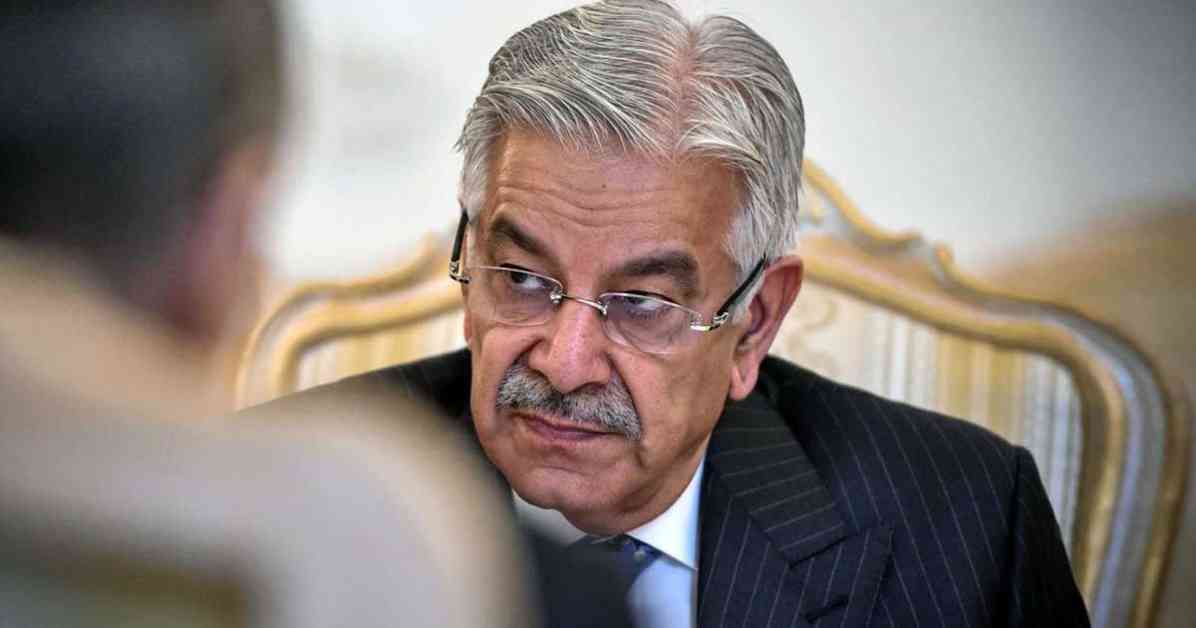Pakistan Urges Taliban to Crack Down on Terror Groups
Federal Minister for Defence, Khawaja Asif, has firmly denied the accusations made by Acting Afghan Deputy Foreign Minister Abbas Stanikzai, calling them unfounded and a deliberate attempt to shift blame. The minister cited a recent UN report that identified more than two dozen terrorist organizations, including the Tehreek-e-Taliban Pakistan (TTP), Al-Qaeda, the Islamic State Khorasan Province (ISKP), the East Turkestan Islamic Movement (ETIM), and the Islamic Movement of Uzbekistan (IMU), operating in Afghanistan.
In a post on X (formerly Twitter), Khawaja Asif emphasized that Afghanistan has been a breeding ground for ISKP’s recruitment and facilitation in 2024. He urged the interim Afghan authorities to fulfill their international obligations by dismantling terrorist infrastructure and taking concrete actions to prevent Afghan soil from being used as a launchpad for attacks on other countries.
Threats and Tensions
The Defense Minister’s remarks come in response to a series of ominous statements from senior Afghan Taliban leaders. Deputy Foreign Minister Abbas Stanikzai previously warned of sending fighters into Pakistan if it did not change its behavior. Pakistan has repeatedly expressed concerns about Afghanistan harboring the banned TTP terrorist group. Prime Minister Shehbaz Sharif has drawn a red line, stating that any aggression from across the border would not be tolerated.
While Pakistan advocates for dialogue to resolve conflicts, Prime Minister Shehbaz emphasized that the Taliban must cease providing refuge to the TTP to make meaningful progress. The presence of various militant organizations in Afghanistan under Taliban rule has been a significant point of contention in regional security discussions.
International Pressure and Regional Dynamics
Countries such as Russia, Iran, and China, with diplomatic relations with the Taliban, have all urged the group to prevent Afghanistan from becoming a base for cross-border attacks. Pakistan and Afghanistan’s relations have strained further, with both nations accusing each other of sheltering militants responsible for violence across the border.
In this complex geopolitical landscape, the call for the Taliban to crack down on terror groups echoes the broader international concern over regional stability and security. The ongoing tensions highlight the delicate balance of power and the urgent need for cooperation to address the root causes of terrorism and extremism in the region.









